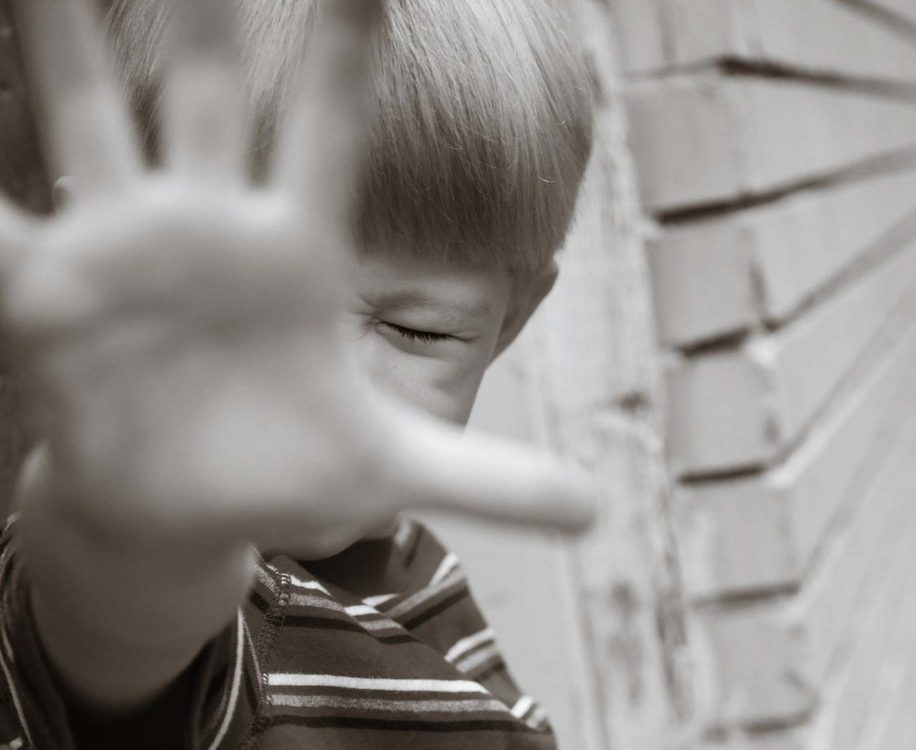
Parenthood has some obvious lessons we need to impart to our children: walking, reading, riding a bike.
Physical consent is different.
I have two daughters and a son, ages 3 to 9. My big fear is how to keep them safe from sexual abuse. How do you teach your child about such a horrible subject without making them afraid of the world? How can I protect them? How can I teach them about consent?
Experts say the best way is to have an ongoing conversation. The younger you start, the better.
Of course, you need to be age-appropriate. Teaching your teenager about consent will be different than talking to your 3-year-old. That’s why you need to start early.
“Consent is many conversations, not just one,” says sex expert Cath Hakanson. She’s worked as a nurse, clinician, educator, and therapist, helping parents have those uncomfortable conversations.
A young child can’t understand the complexities of sexual consent, Hakanson says. But they understand the nonsexual part. “You are the boss of your own body” is an easy idea to convey and repeat. Explain to them that they should ask permission before hugging and kissing someone. Show them how.
Then, show them they never need to force affection. Show them how to say “no,” even to grandma’s request for a hug and kiss.
My children are used to hearing, “Do you want to hug goodbye or wave?” My eldest will often choose to hug, but my younger two prefer a shy wave. I make a point to ask them this in front of others.
This way, I’m reminding my children physical affection is not a requirement. And, I’m informing whomever’s hoping for a hug, that it’s up to the child and not us adults.
Kids also need to be reminded that no means no, Hakanson says. When you see your own child ignoring someone’s “no,” step in and talk with them right away, repeatedly. Like teaching your child to clear their plate at dinner, teaching consent requires constant reminders.
Learning correct terms for their own body parts is also important, even at a young age, Hakanson recommends. This will make it easier for kids to share if something bad is happening. Without the language to explain it, talking about it becomes almost impossible.
Having an open line of communication with your children is the best way to protect them from sexual abuse, says Kerri True-Funk, with the Iowa Coalition Against Sexual Abuse (Iowa CASA). If your child does one day share something about a friend or adult figure in their lives, it can be awkward.
You may be like me and want to go into full Mama Bear mode. But you shouldn’t. “Not freaking out is important when kids are sharing something that is hard,” True-Funk says. She suggests having your child practice the skills of explaining something complex.
Ask them to describe one thing they did that day at school – or explain a game they are playing, or a book they are reading, or a show they are watching. The more they practice explaining something normal, the easier explaining something difficult will be.
When your children have questions about sex, their bodies, or other such topics, engage in the conversation. Blush all you want while you do so, but have the conversation. Better you explain this to your children, than they read it on google, where they might encounter explicit explanations.
Be approachable. Your child is going to hear about sex through friends or television and the like. Help them to know they can talk to you about it, then follow through.
So, take a deep breath. Sit down with your children. Talk about these things over and over until you no longer flush bright red at the idea of it. Let it become the norm. The more you do it, the easier it will be.
More importantly, the easier it will be for your children to practice consent for the rest of their lives. A little awkwardness is a small price to pay.


